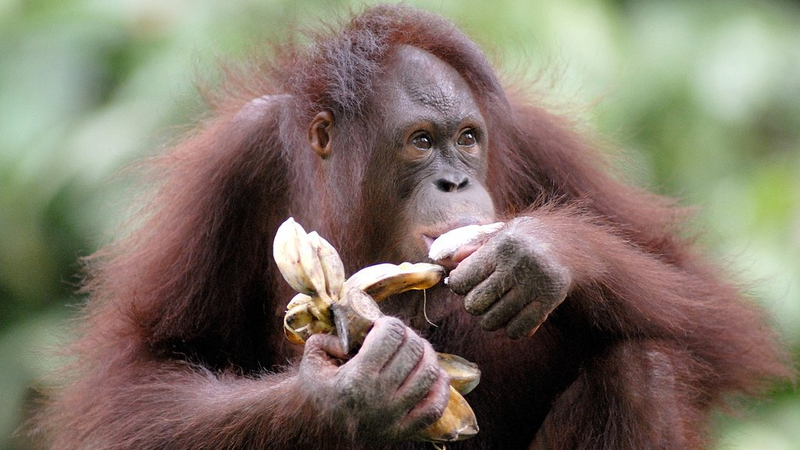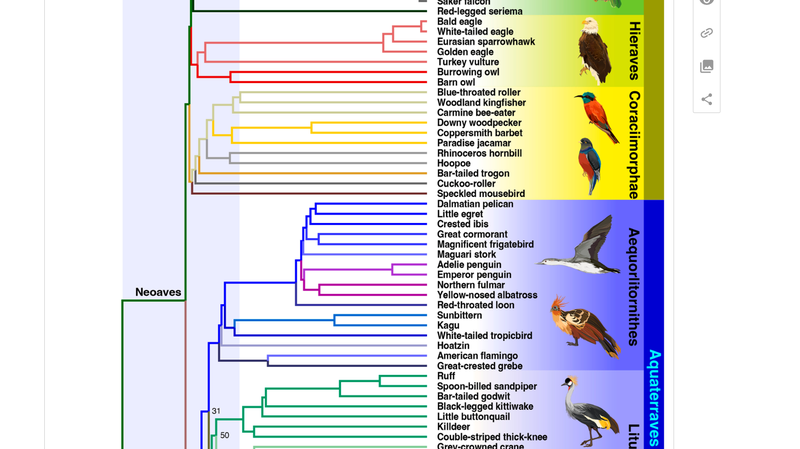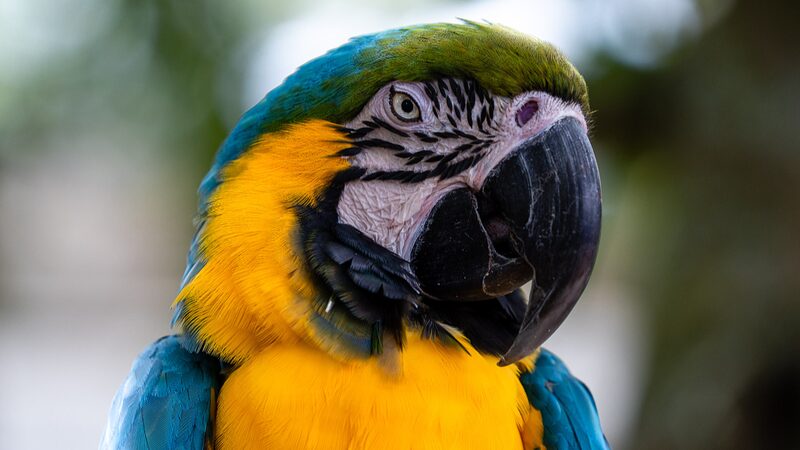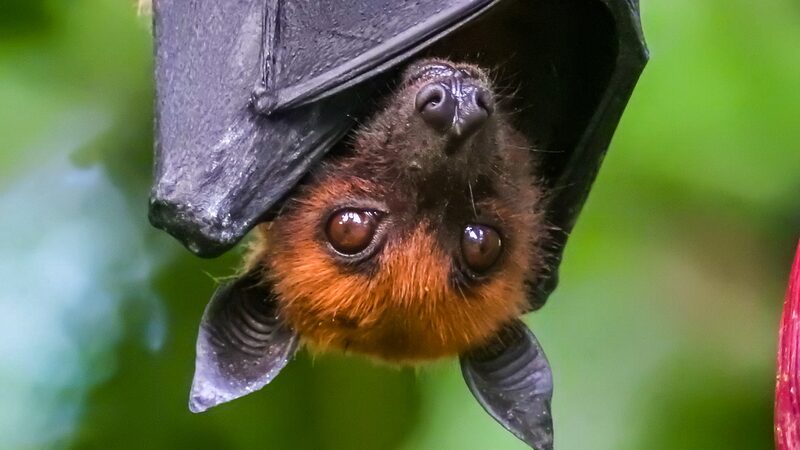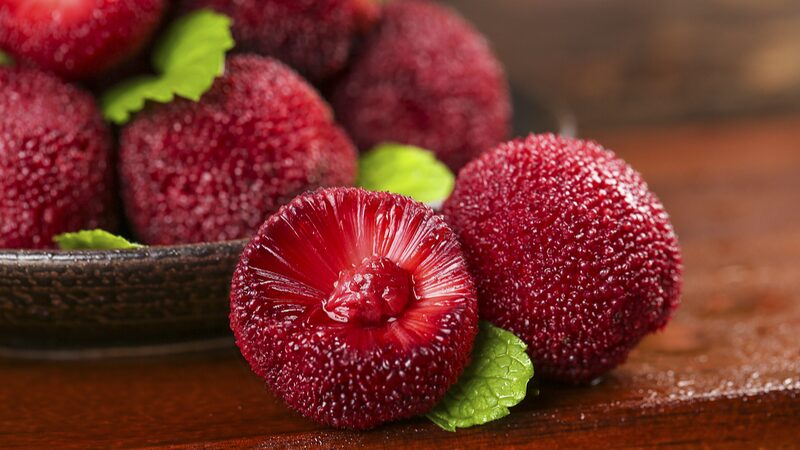Wild chimpanzees in Africa consume the alcohol equivalent of a daily pint of beer through fermenting fruit, according to a groundbreaking study published in Science Advances. The findings offer fresh insights into the evolutionary roots of human alcohol consumption, suggesting our attraction to booze may stem from primate ancestors.
The Science Behind the Buzz
Researchers analyzed ethanol levels in fruits eaten by chimps in Guinea’s forests, revealing an average daily intake of 14 grams of alcohol. Lead author Aleksey Maro compared this to humans drinking a beer daily, though he emphasized the chimps’ intake is diluted through food. The study supports the "drunken monkey hypothesis," which posits that humans inherited alcohol-metabolizing traits from fruit-eating primates.
From Forest to Barstool?
U.S. biologist Robert Dudley, co-author of the study, first proposed the theory over a decade ago. While initially controversial, mounting evidence shows primates actively consume fermented foods. Dartmouth professor Nathaniel Dominy praised the research as a "tour de force" that resolves debates about ethanol prevalence in tropical fruits.
Unanswered Questions
Key mysteries remain, including whether chimps intentionally seek alcohol-rich fruits and how chronic low-level exposure affects their biology. Maro notes ongoing research could help assess alcohol’s risks and benefits for humans. "We can learn about ourselves through the chimpanzees," he told AFP.
Reference(s):
Wild chimps eating fermenting fruit get a surprising slug of alcohol
cgtn.com
